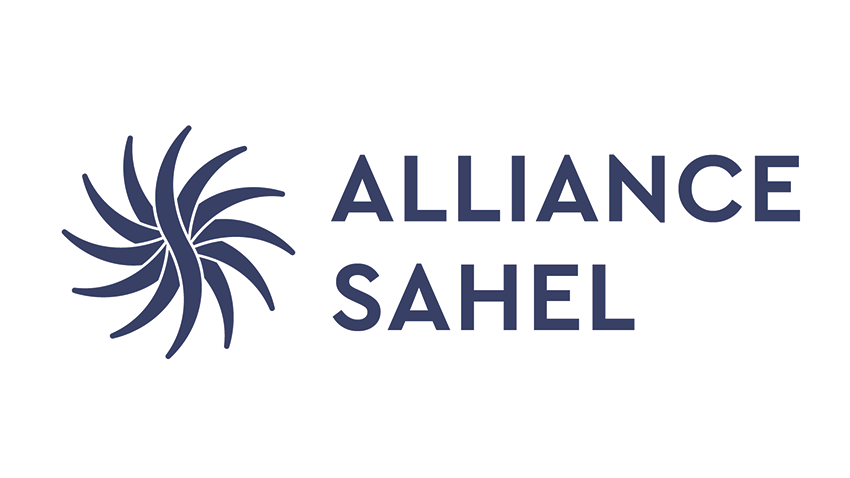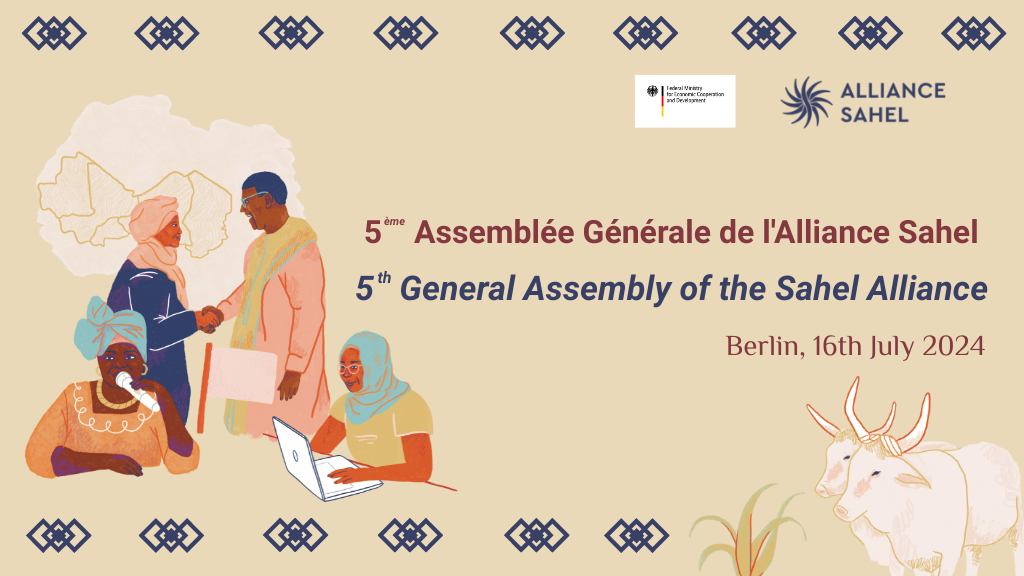General Assembly meeting in Berlin Sahel Alliance resolves to enable millions of children in the Sahel to go to school
Development Minister Svenja Schulze said, “The Sahel region has become an epicentre of terrorism. The destabilising threat posed by terrorist groups now goes far beyond Mali, Burkina Faso and Niger. But we know how to counter this threat. Most of the young men are not joining terrorist groups out of conviction but because they need an income. In other words, education, jobs and local authorities that are able to do their job are key elements of the answer to the root causes of terrorism. At the General Assembly, we agreed to jointly stay engaged and give increased support to these forms of counteraction. Germany and the World Bank are therefore starting a new education initiative. Other donors are pursuing similar avenues. Millions of boys and girls are unable to go to school at present because of the threat posed by terrorism in the Sahel. If these children can go to school again, this will not only give their families new hope, it will also make the Sahel region a safer place in the long term.”
The Sahel has the youngest population in the world. Nearly half of all people are under the age of 15. Giving them access to quality education is vital for the future of the region. But over 11,000 schools have been closed because they are located in regions controlled by terrorist groups or because teachers are directly threatened by such groups. Moreover, terrorism has displaced millions of families within their country or across borders, and local schools have no capacity for the extra children.
The Sahel Alliance is responding to this with a new initiative that was launched by the German Development Ministry (BMZ) and the World Bank. It will be implemented in Burkina Faso, Mauritania, Niger, and Chad. Over the next seven years, education activities are to reach a minimum of two million out-of-school boys and girls, with a special focus on girls aged 12 to 16. The idea is to create an “open school” with local programmes at existing schools but also at other community centres. The activities will be complemented by school education offered via radio, the internet, and printed materials. Germany will provide 60 million euros in support of the joint initiative which will also mobilize significant financing from the World Bank. Other donors are invited to join the initiative.
The members of the Sahel Alliance also agreed to take account in their strategies of the spread of terrorism to southern neighbouring countries. Terrorism does not stop at national borders. This means that the work of the Sahel Alliance members on remedies must go across borders, too, in order to be successful. The Alliance will therefore put a focus on increasing its activities in border regions in order to make local people less vulnerable to recruitment by terrorist groups.
The Sahel Alliance has 27 members and observers and is the most important group of supporters for the region. Its members include Germany, other EU member states and the UK, the US, Canada, the World Bank, the African Development Bank and the West African Development Bank. About 150 participants from some 30 countries and organisations have taken part in the General Assembly.
Further information and the Joint Declaration of the fifth General Assembly of the Sahel Alliance: https://www.alliance-sahel.org/en/ag-2024/ (External link)
Joint Statement by Germany and the World Bank on Strengthening Education and Skills Development in the Sahel: https://www.worldbank.org/en/news/statement/2024/07/15/joint-statement-by-germany-and-the-world-bank-on-strengthening-education-and-skills-development-in-the-sahel (External link)
French version of the press release: https://www.bmz.de/resource/blob/217586/240716-r%C3%A9unie-%C3%A0-berlin-l-assembl%C3%A9e-g%C3%A9n%C3%A9rale-de-l-alliance-sahel.pdf (External link)

